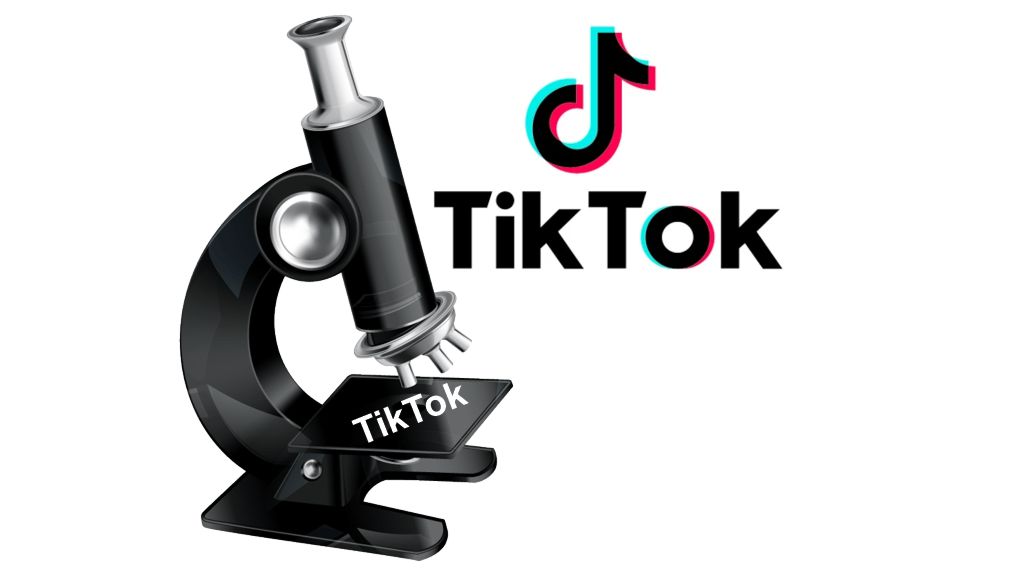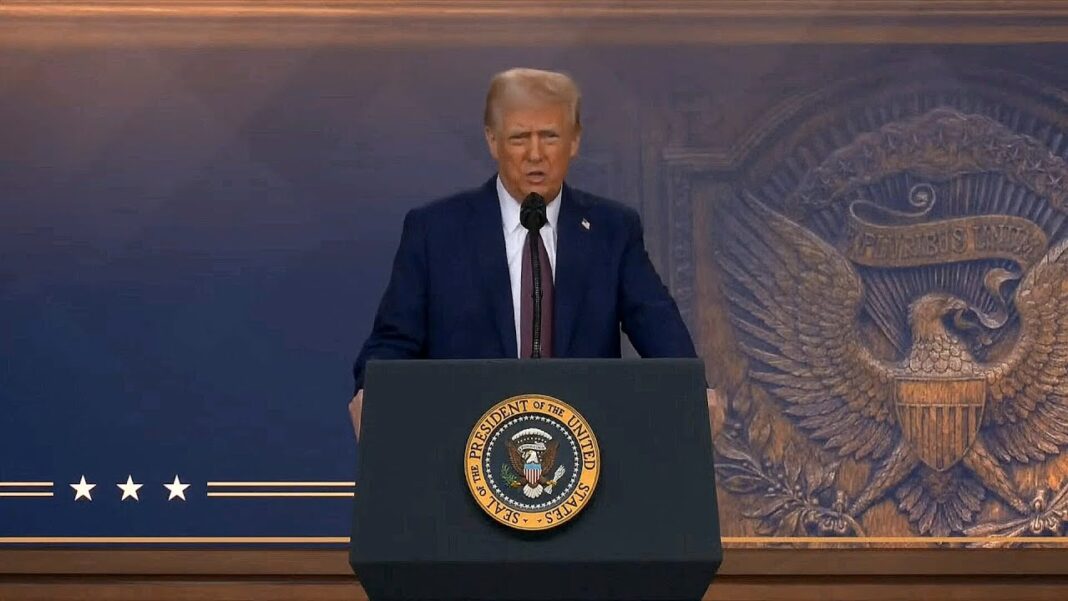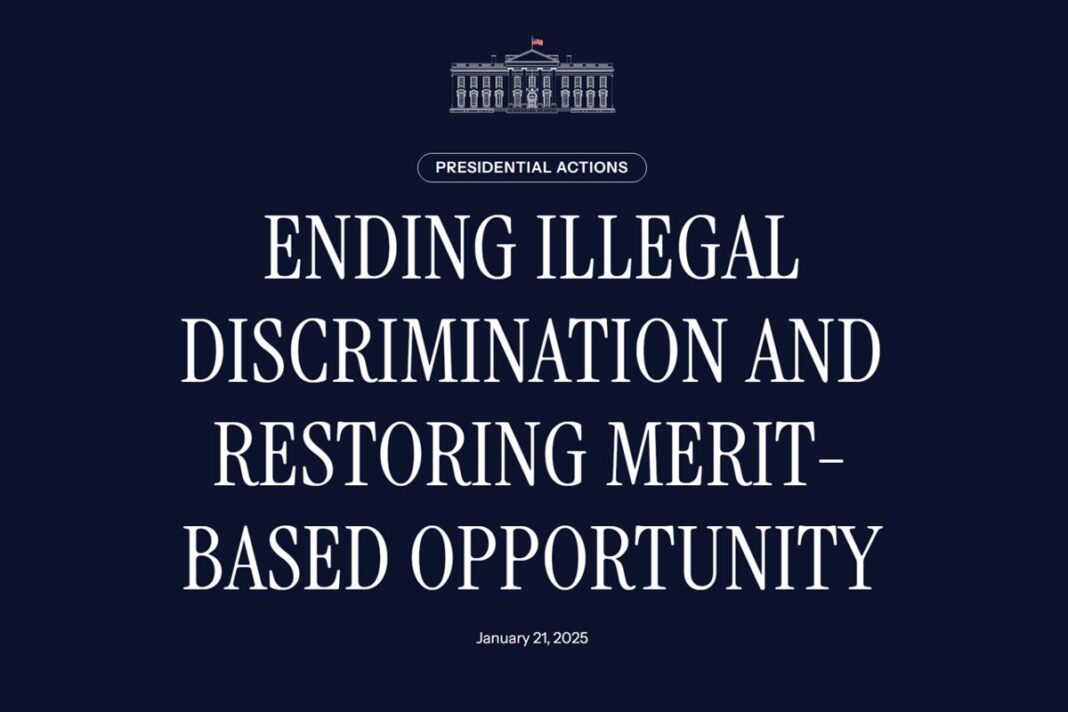Trump has signed an order to halt enforcement for 75 days.
President Donald Trump has prompted TikTok to restore service for its users despite a divest-or-ban law from Congress but questions remain as to whether the executive order will withstand judicial scrutiny or allow tech companies to avoid liability.
Here is a breakdown of the law, Trump’s order, and surrounding legal issues.
1. What Is the TikTok Ban-or-Divest Law?
Congress passed the Protecting Americans from Foreign Adversary Controlled Applications Act last year with bipartisan support amid concerns about national security and data privacy concerns due to TikTok’s ties to the Chinese communist regime.
The Chinese-owned app, like all other firms in China, is required by law to hand over data to regime authorities upon request.
President Joe Biden signed the bill into law in April 2024. It could apply to other platforms but specifically mentions TikTok and its parent company, ByteDance, in the text.
Because of the law, ByteDance was required to either shut down the app in the United States or sell it to a different company within 270 days after its enactment—by Jan. 19, 2025. That deadline was just before Trump took office on Jan. 20.
Trump has said that the timing was “unfortunate” and “interferes with my ability to negotiate a resolution to avoid an abrupt shutdown of the TikTok platform while addressing national security concerns.”
The law also contains a provision allowing the president to issue a one-time, 90-day extension delaying enforcement if certain conditions are met.
2. What Did Trump’s Order Do?
On Jan. 20, the president signed an executive order that directed the attorney general not to enforce the law for 75 days.
He also directed the Department of Justice (DOJ) to tell tech companies that there was no liability for hosting or servicing TikTok during that time.
It also states there’s no liability between Jan. 19 and the signing of the order about 24 hours later.
During his first term, Trump signed an order aimed at shutting down TikTok on national security grounds, but he has since changed his mind.
“TikTok is largely young people,” Trump said from the White House on Jan. 20 when he signed the new order.
“I guess I have a warm spot for TikTok that I didn’t have originally.” When asked why he changed his mind, he said: “Because I got to use it.”
By Sam Dorman









